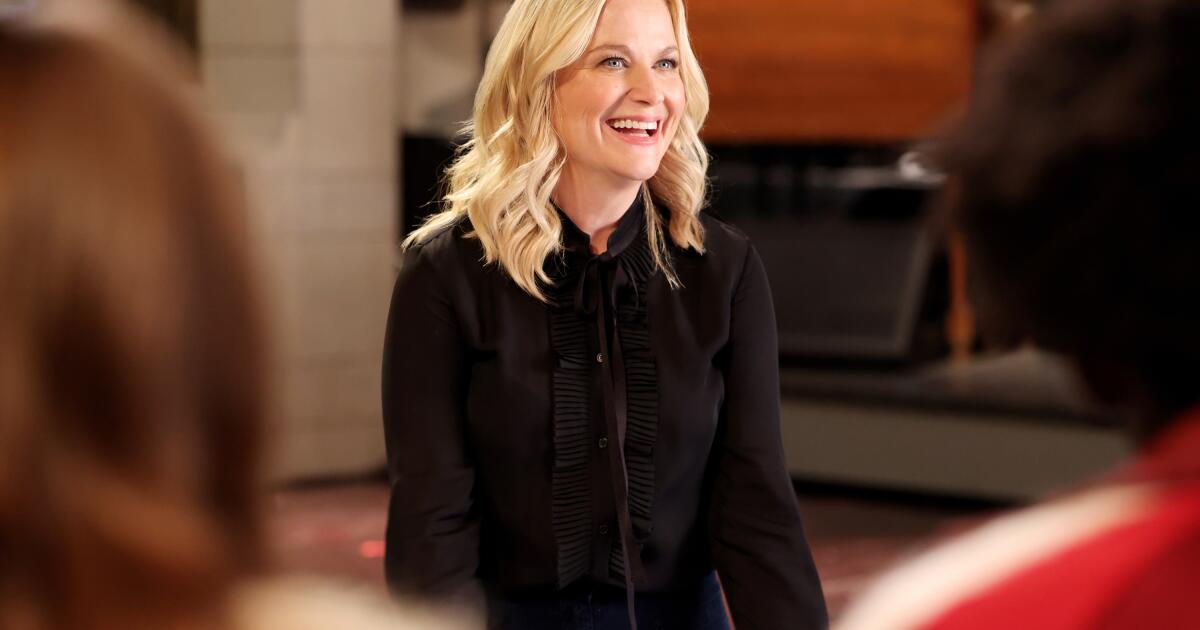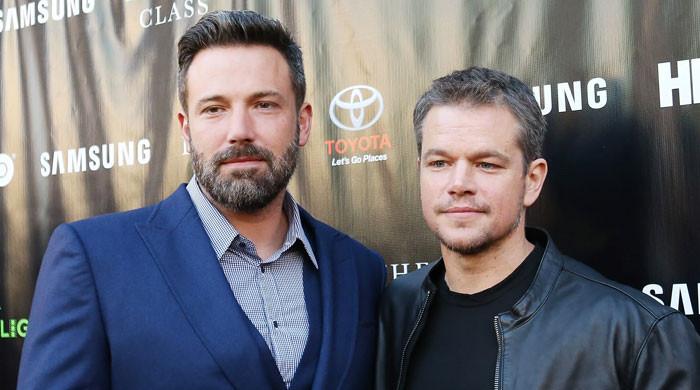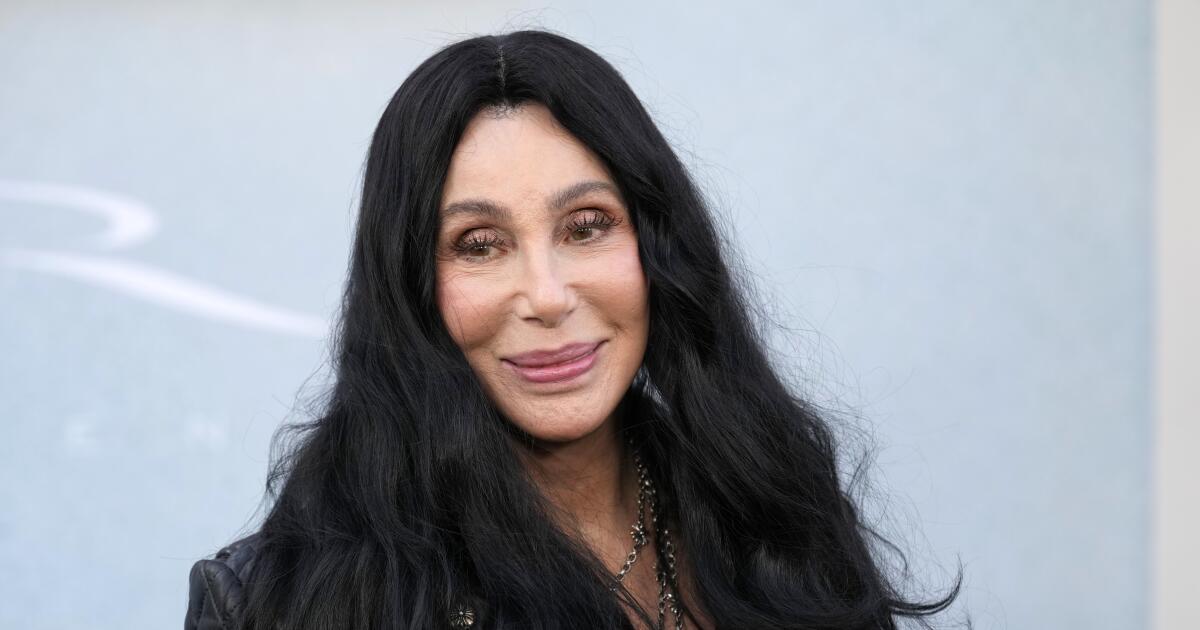This year's Oscar-nominated short documentaries weave their way through lives of hardship and empowerment, illuminating the ways we approach life's complexities. There are solutions to what's broken, unheard voices speak, and the heroes get what's coming to them.
'The ABCs of book banning'
Despite the title of her film, Sheila Nevins likes the phrase “book deprivation” when describing the theme that animates (literally at times) her directorial debut after directing hundreds of films as president of documentaries at HBO.
“Book deprivation means you never got to them in the first place,” says Nevins, who not only wanted to highlight titles removed from libraries, but to focus on the people rarely interviewed about them: the children who were prevented from reading. material criticized by moralists. “We gave them the books to read and then filmed their reaction,” he says. “The children's reaction to difference is very free. Because they are governed by adults, they see kinship differently.”
The project came together quickly last summer, says co-director Trish Adlesic. “When we finished, there were approximately 2,000 books banned in 38 states. Now, since August, there are 6,000. “The banning of books is the underbelly of repression and hatred.”
“The Barber of Little Rock” explores the growing racial wealth gap in America through the story of Arlo Washington, a local barber who founded a nonprofit community bank.
(TVShorts)
'The Barber of Little Rock'
When Christine Turner and John Hoffman set out to make a film about America's debilitating racial wealth gap, they found an inspiring story in Arlo Washington, who ran a barbering school and nonprofit loan fund called People Trust in the same Little Rock parking lot.
“It's important to note that theirs is the only black-run bank in Arkansas,” says co-director Turner. “He has no experience in finance. He is a barber by profession, but he is an entrepreneur. So we were interested in how he navigated these spaces, providing instruction as a mentor and then listening to people's stories to see who the loan fund can support. We found this really compelling.”
The couple, whose film also gives voice to the lives the fund has helped, were especially impressed with the way Washington framed the issue in underserved communities like theirs. “Arlo says capital is the lifeblood of the community,” Hoffman says. “And if there is no capital, the blood does not circulate.”
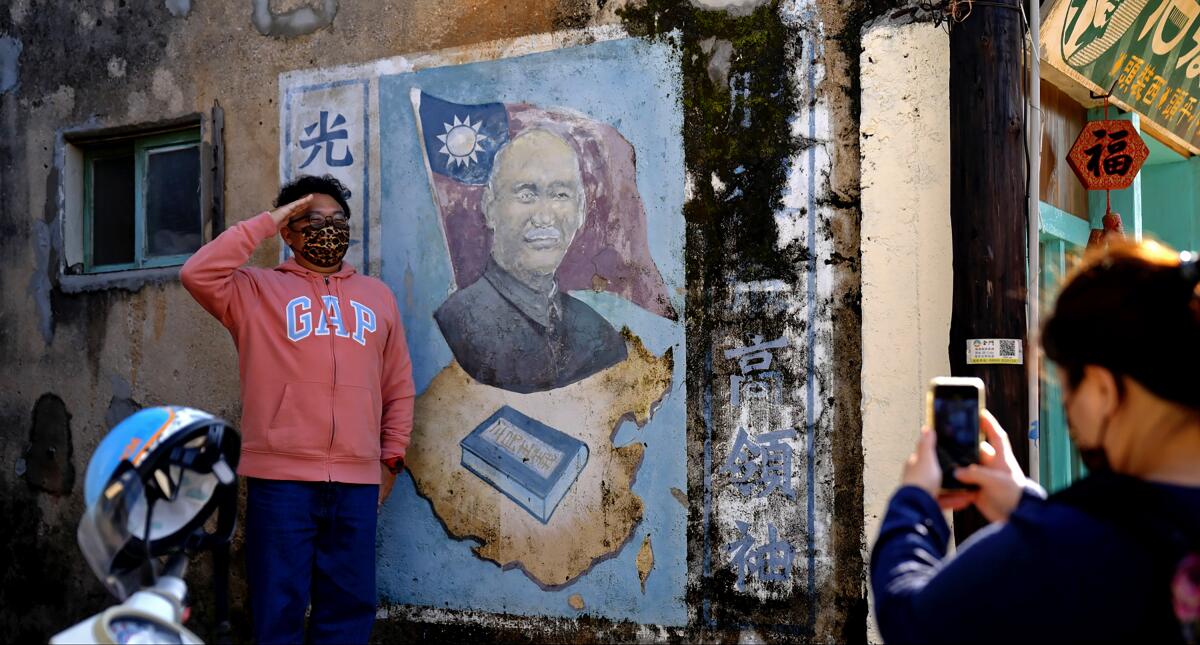
“Island in Between” examines national identity and contemplates the future of Taiwan.
(TVShorts)
'Island in the middle'
On Kinmen Island in the Taiwan Strait, a tank lodged in the sand is a marker of the last battle Taiwan fought against communist China. In the short essay by Taipei-born filmmaker S. Leo Chiang, that island – scarred by battle, mythical and touristy – is also a symbol of his mixed feelings about nationality.
“The film is ultimately an examination of identity, belonging and home,” says Chiang, who at one point explains how the way China, Taiwan and the United States view their various passports further intensifies that limbo. . “The passports really surprised people and it was meaningful for a lot of people who understand what it means to have two nationalities, to have a lot of connections, allegiances and alliances with different places.”
Chiang hopes the film will challenge mistaken assumptions about tribalism in a conflict-ridden world. “On a map, it's a line, but human lives on these borders are very complex.”
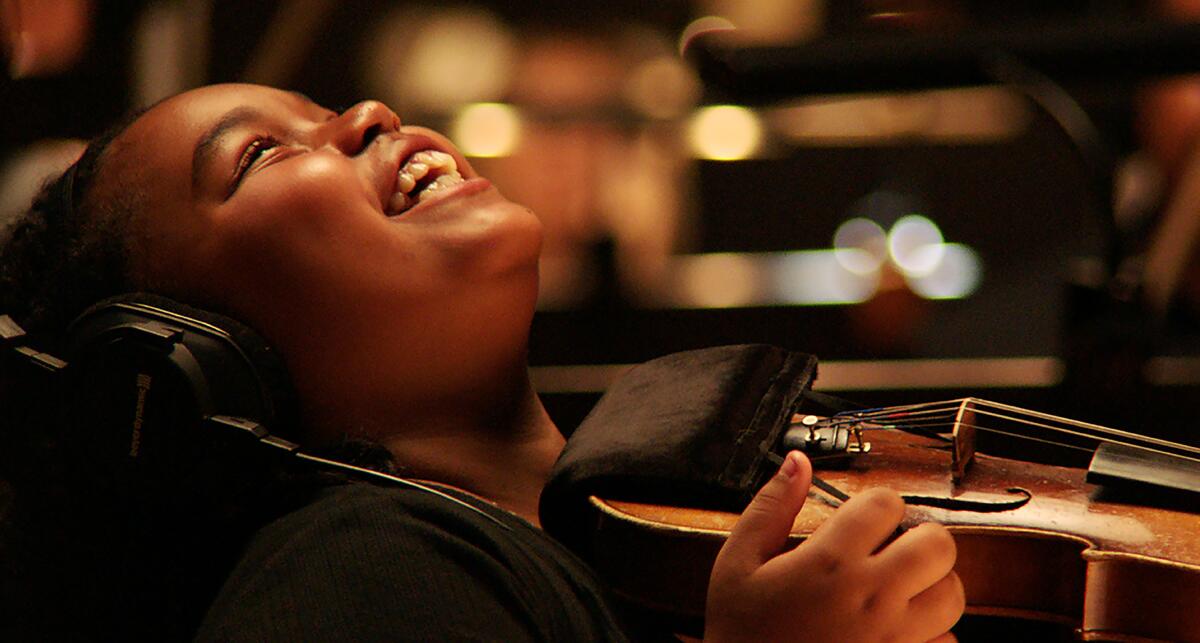
“The Last Repair Shop” looks at the workers and craftsmen behind a city-funded student instrument repair shop.
(TVShorts)
'The last repair shop'
A warehouse in downtown Los Angeles is home to the only free instrument repair service for public school music students in the United States, and in Ben Proudfoot and Kris Bowers' gorgeously photographed film, we meet some of those soulful technicians and the children of the Los Angeles Unified School District who benefit from her loving care.
Proudfoot, co-director and Los Angeles resident, sees this repair shop as a sign that “our society is working,” he says. It is an idea worth defending and protecting. Maybe this is an incredibly good investment, something to put back on the table in other cities.”
For Bowers, who was once an LAUSD music student, the goal was to enshrine the store in a film, “everyone feels like this is a crown jewel that we should make sure is always here.”
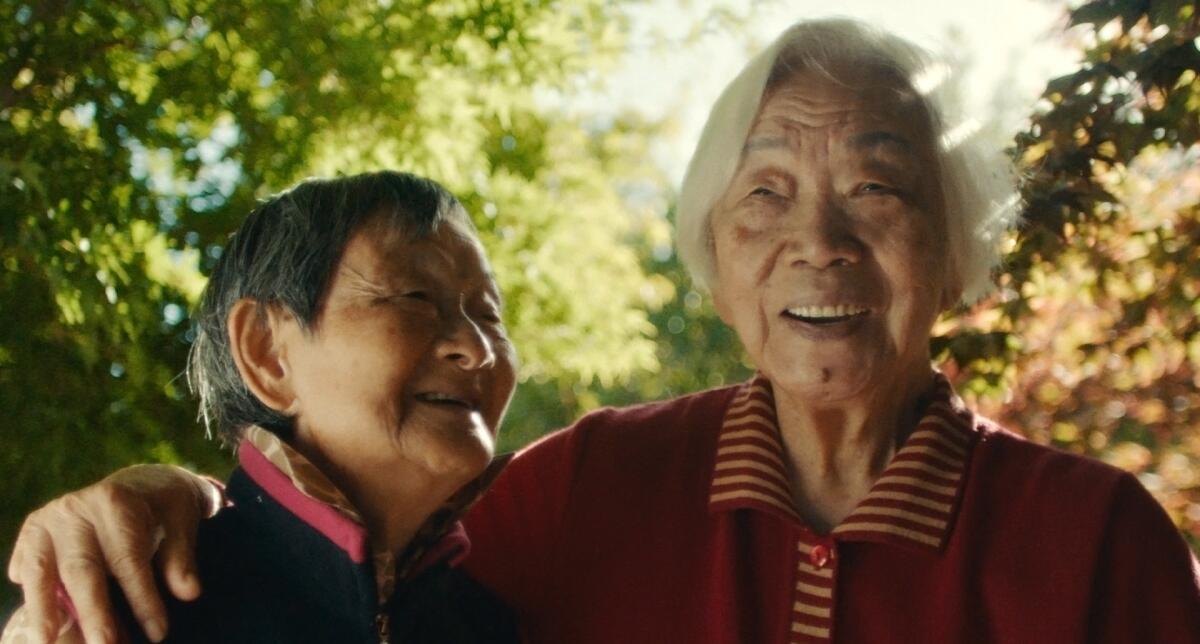
“Nai Nai and Wài Pó” captures the joys and sorrows of being old in body and young in spirit.
(Courtesy of 2024 ShortsTV)
'Nai Nai and Wài Pó'
Sean Wang turned a loving camera on his cohabiting grandmothers, ages 83 and 94, to capture the joys and sorrows of being old in body and young in spirit: dancing, joking, gardening, but also the harsh memories they have These Chinese immigrants and the enduring fears that come with aging.
“I got to know them on a deeper level than before,” says Wang, who in “Nai Nai and Wài Pó” realized that spending time with loved ones and being in the same room were different things. “Cinema forced me to be present. It was important to do something that contained not only the silly and the comic, but also the melancholy and loneliness.”
Wang recalls a telling moment when he jokingly thanked his grandmothers for being his movie stars, without waiting for their emotional response. “They said, 'No, thank you for seeing us that way,'” she says.


